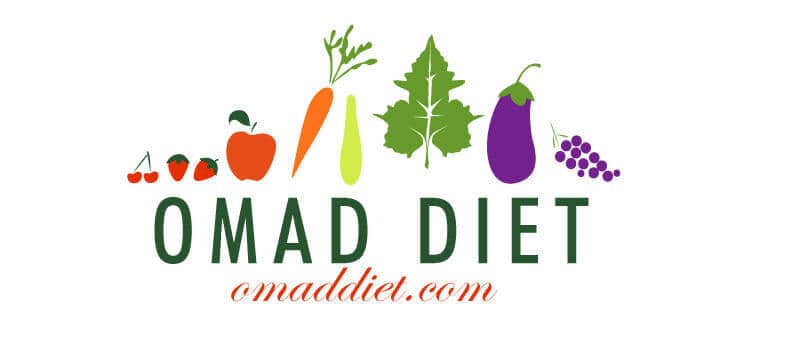This is something that most of us who have had a long-term battle with our weight have had to deal with over the years, and definitely something that has plagued me for a long time.
When I was on a diet, it usually restricted what foods I could eat, as well as the amount of food; so I was usually hungry, and at the very least, unsatisfied with what I ate , on just about every diet plan that I tried.
The end result was that I would “revolt”, go off of the diet all together, and then binge eat until I felt like I had satisfied that deep craving for more food. Of course, this contributed to my yo-yo weight loss and gain, and then I felt even more guilt when ever I had a meal that I enjoyed.
Now, it has become such an ingrained part of my mind, that it is hard to re-program myself, and accept that I can eat like a normal person, and enjoy a dessert occasionally without feeling guilty that I am doing that.
I knew that I had to change this because I was at the point where nothing was right.
I was miserable when I ate food I didn’t like, and when I was still hungry after eating; but I was also miserable when I did eat food that I liked and satisfied my hunger. So, either way, I was not happy about what I ate.
This is where the OMAD program is such a wonderful thing, because as long as I am sticking to the program, and only having my one meal, and fasting the rest of the time, it is now acceptable for me to sometimes choose meals that simply satisfy cravings.
Most of the time, I eat proper meals of healthy foods, and since I have less hunger, I am satisfied with less food now, regardless of what I am eating, and I am not having the problem of binge-eating anymore, which is a wonderful thing.
When I was on a diet, it usually restricted what foods I could eat, as well as the amount of food; so I was usually hungry, and at the very least, unsatisfied with what I ate , on just about every diet plan that I tried.
The end result was that I would “revolt”, go off of the diet all together, and then binge eat until I felt like I had satisfied that deep craving for more food. Of course, this contributed to my yo-yo weight loss and gain, and then I felt even more guilt when ever I had a meal that I enjoyed.
Now, it has become such an ingrained part of my mind, that it is hard to re-program myself, and accept that I can eat like a normal person, and enjoy a dessert occasionally without feeling guilty that I am doing that.
I knew that I had to change this because I was at the point where nothing was right.
I was miserable when I ate food I didn’t like, and when I was still hungry after eating; but I was also miserable when I did eat food that I liked and satisfied my hunger. So, either way, I was not happy about what I ate.
This is where the OMAD program is such a wonderful thing, because as long as I am sticking to the program, and only having my one meal, and fasting the rest of the time, it is now acceptable for me to sometimes choose meals that simply satisfy cravings.
Most of the time, I eat proper meals of healthy foods, and since I have less hunger, I am satisfied with less food now, regardless of what I am eating, and I am not having the problem of binge-eating anymore, which is a wonderful thing.
